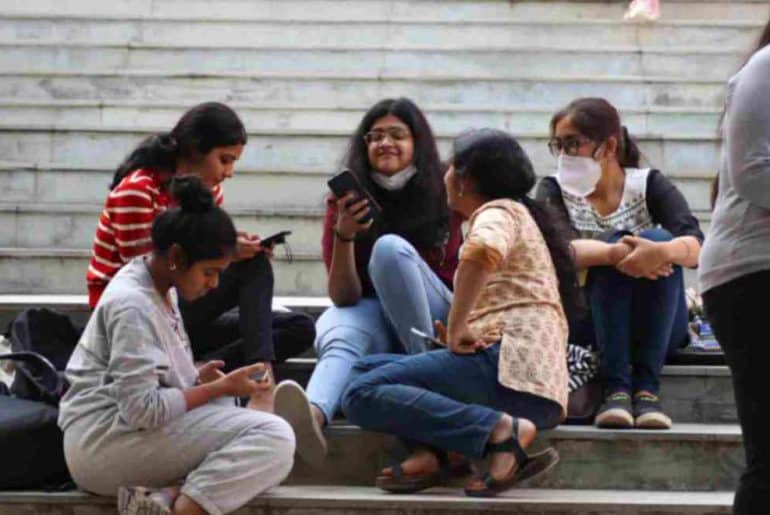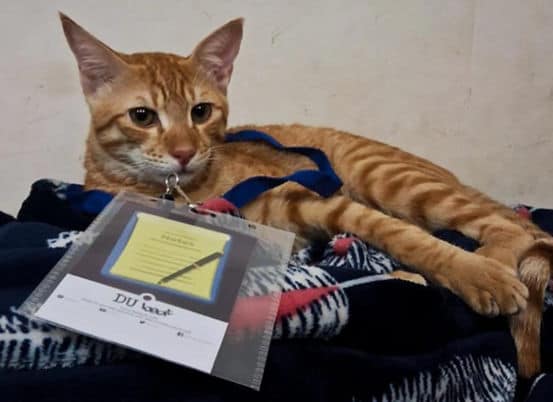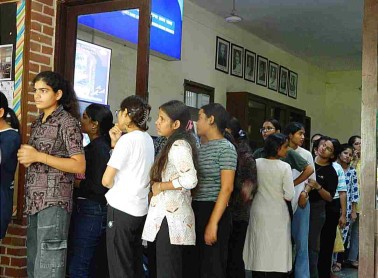Naima Khatoon Gulrez, recently appointed as Aligarh Muslim University’s first female Vice Chancellor, faces controversy over her appointment amid allegations of nepotism.
Naima Khatoon Gulrez, the principal of Aligarh Muslim University’s Women’s College since 2014, has been designated as the University’s inaugural female vice chancellor. She reportedly assumed office as the new VC on the evening of April 22. However, her appointment has been accompanied by complexities, controversies, and overarching implications, including the nuanced interplay of institutional governance and familial ties.
Naima Khatoon’s elevation to the esteemed position of Aligarh Muslim University’s (AMU) first woman Vice-Chancellor marks a pivotal moment in the institution’s storied history as she becomes the first woman to hold the position in the University’s 123-year history. Emerging from a modest family background in Jajpur district, Odisha, she is the only other woman to have held a top post at AMU since Begum Sultan Jahan, who was appointed as the Chancellor of AMU in 1920. Her professional journey includes serving as Professor and Chairperson of the Department of Psychology before assuming the role of Principal at Women’s College in July 2014. She has a diverse background, having taught at the National University of Rwanda, Central Africa, and fulfilling various administrative roles at AMU. She has authored, co-authored, or edited six books and published numerous papers in national and international journals. Additionally, she has supervised fifteen Ph.D. theses and a considerable number of dissertations, specializing in clinical, health, applied social, and spiritual psychology.
However, her journey to this ground-breaking appointment unfolds against a backdrop of intricate institutional dynamics and heightened scrutiny.
Central to the discourse is the prominent role played by Professor Mohammad Gulrez, the outgoing acting AMU VC and Khatoon’s husband, as he chaired the meeting that included her on the list. The involvement of Gulrez in the selection process sparked contentious debates regarding potential conflicts of interest and allegations of nepotism, casting a shadow over the transparency and fairness of the proceedings. These challenges were mounted in the Allahabad High Court, alleging procedural irregularities, with petitioners questioning the integrity of the process. However, the petition was ultimately dismissed, allowing Khatoon’s appointment to proceed.
The AMU Court shortlisted three candidates for the position and forwarded their names to President Droupadi Murmu for final selection in November last year. Professor Muzaffar Uruj Rabbani, former Dean, Faculty of Medicine, AMU, and Professor Faizan Mustafa, V-C, Chanakya National Law University, Patna, were the other contenders for the position.
This intersection of academia and politics lends an additional layer of complexity to Khatoon’s inauguration. Against the backdrop of the looming Lok Sabha election, the timing of Khatoon’s appointment assumes added significance, with observers interpreting it within the broader context of political maneuvering and outreach efforts to Muslim women by the BJP government. The significance of her role extends beyond the University campus, resonating with the broader Muslim community in India and abroad. In this light, Gulrez’s appointment was reportedly ratified by the Election Commission (EC) with the stipulation that it would not be publicised, and no political advantage would be derived from it. The EC’s approval was conveyed to the Education Ministry on April 9. Khatoon’s appointment is for a period of five years or until she reaches the age of 75, whichever comes first, according to an official notification from AMU.
Founded in 1875, Muhammadan Anglo-Oriental College was renamed AMU in 1920, becoming one of the oldest universities in India. Despite its long history, AMU has never had a woman vice-chancellor until Naima Khatoon’s appointment. As she embarks on her tenure, Khatoon’s appointment holds profound implications for the future trajectory of AMU, with the AMU community eagerly anticipating her vision. In navigating the complexities of her new role, Khatoon faces the challenge of upholding fairness, transparency, and impartiality, as acknowledged by the Aligarh Muslim Teachers’ Association (AMUTA).
Despite the controversy surrounding the selection process, including challenges raised in the Allahabad High Court, Khatoon’s appointment reflects a step forward in breaking traditional barriers within AMU’s leadership structure.
Read Also: Kerala’s SIO Protests Against PM Modi’s Anti-Muslim Comments
Featured Image credits: Indian Express
Kavya Vashisht










